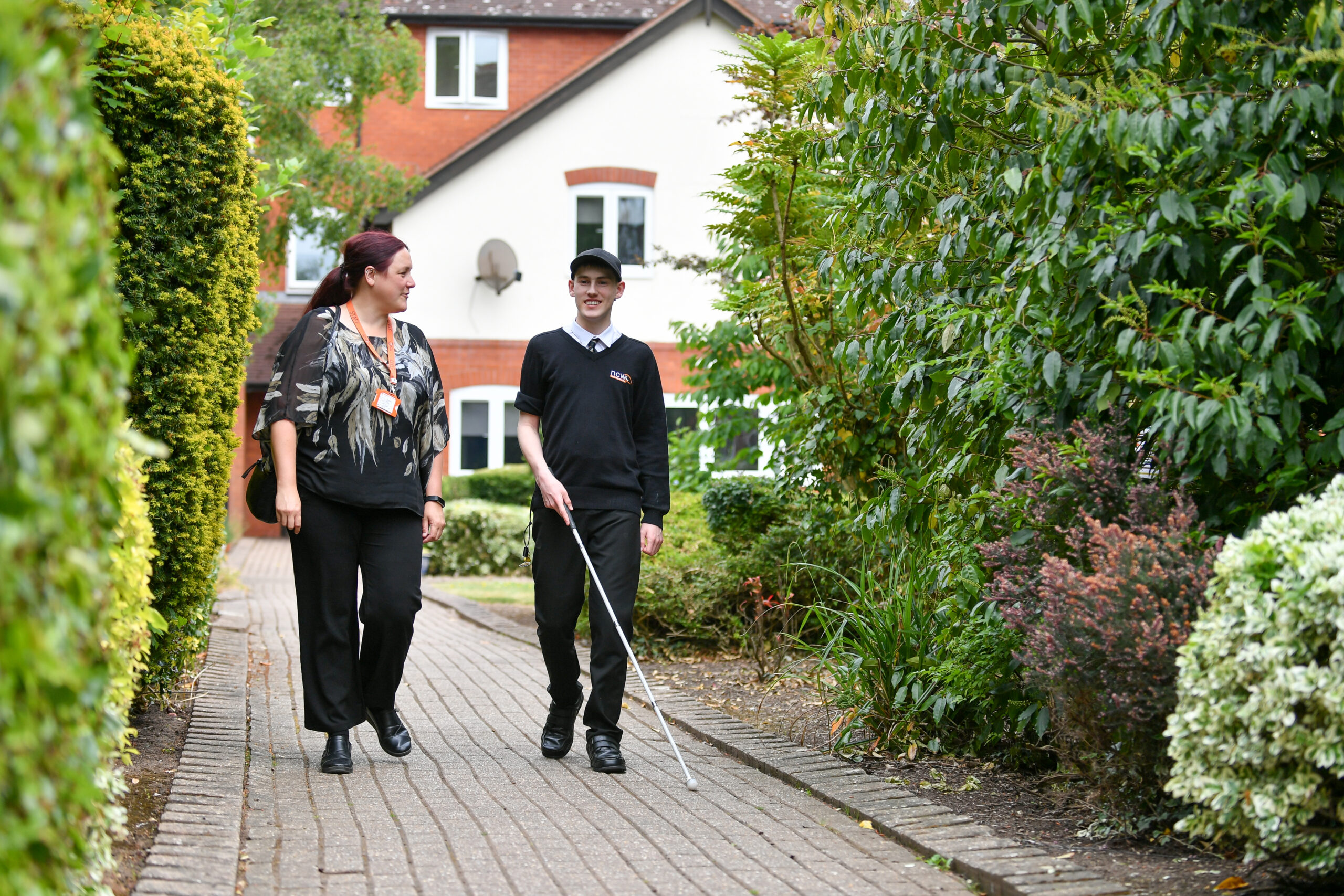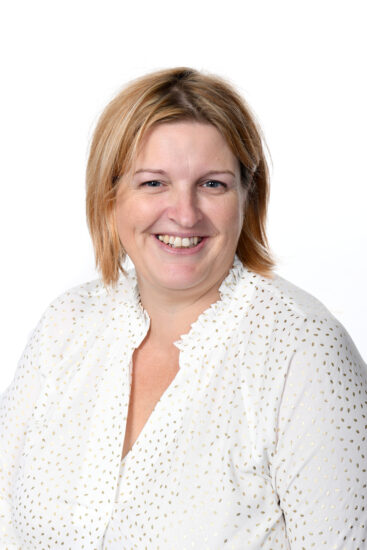Course Description
Getting ready for adulthood can be exciting — and a little overwhelming. This course is designed especially for blind and vision impaired young people aged 11 to 19 years to build the confidence, skills, and knowledge needed to navigate life after school. Whether that is the next step in education, the world of work or preparing for living independently, this course will provide expert training, techniques and clever tips to help navigate the adult world.
Young People will Learn:
Life Skills: From managing money and cooking safely to using assistive technology for everyday tasks
Confidence Building: Learning how to advocate, make decisions and set personal goals
Independence & Mobility: Tips and training to help you move through the world with confidence and independence
Social Skills & Relationships: Help build strong communication skills, navigate friendships and understand your rights as an adult
Why This Course?
We know that everyone’s journey is different. This course is designed with input from vision impaired adults, professionals and young people. It’s practical, supportive and focused on the solutions that young people require, according to their individual Education Health and Care Plans (EHCPs)
Accessible Every Step of the Way
All materials are fully accessible and sessions are designed with inclusion at the heart. Young people will learn in a safe, respectful space where their voice matters.
The NCW Team
- Specialist habilitation, technology and QTVI leaders will create bespoke individualised programmes to ensure young people are learning skills and techniques to enable them to thrive as young adults
- All staff are experts in their field and will hold Enhanced DBS Certificates
The course in detail:
Core Skills – Participants will rotate through three key learning areas adapted to individual need and skill level in one or more of the following areas:
-
Independent Living Skills
-
Eating (such as using cutlery and understanding the social skills around eating, including eating at a social occasion)
-
Managing personal appearance and dressing (such as using clothing fastenings, applying make-up and performing beauty routines)
-
Cooking and food preparation
-
Safe use of kitchen appliances and specialist technology, such as talking scales
-
Managing the home, for example changing batteries, replacing lightbulbs
-
Technology skills for living such as online shopping, food identification, online banking and using technology to read print post
-
-
Mobility and Orientation
-
Sighted guide
-
Pre-cane skills
-
Use of symbol cane, guide cane or adaptive mobility device
-
Long cane skills (diagonal cane, constant contact, two-point touch, three-point touch, shorelining, touch and drag, ascending and descending stairs, straight-line travel, walking in-step, negotiating obstacles)
-
Exploration of different cane tips
-
Use of environmental landmarks and cues
-
Spatial and sensory awareness
-
Use of low vision aids
-
Journey planning
-
Wheelchair mobility
-
Social skills and self-advocacy
-
Money management
-
Personal safety
-
Understanding their eye condition and the functional effects associated
-
Problem-solving
-
-
Access Technology
-
Accessibility features of mobile devices, iPads and Windows laptop
-
Office applications (including basic file management and organisation)
-
Google applications / Browser software (e.g. Chrome, Edge) / Use of internet for research
-
Email and organisational software (e.g. Outlook)
- iOS device support (eg using iphone with voiceover and gestures including the inbuilt ergonomic braille feature)
-
Course Leaders
NCW Head of Habilitation, Emma is a fully qualified and experienced Habilitation specialist and has worked in the field of visual impairment since 2007, having previously worked with children and adults with a VI and a wide range of other disabilities in the education and leisure sectors across the West Midlands and Cumbria.
 Sean has over a decade of experience in IT, access technology and digital accessibility. He has extensive knowledge of all things VI tech related – including screen readers, Braille devices, smartphones and laptops. His love of technology and lived experience make for a powerful combination when it comes to supporting those with a vision impairment.
Sean has over a decade of experience in IT, access technology and digital accessibility. He has extensive knowledge of all things VI tech related – including screen readers, Braille devices, smartphones and laptops. His love of technology and lived experience make for a powerful combination when it comes to supporting those with a vision impairment.
About the venue
NCW has a leafy, welcoming campus that’s been carefully shaped around our mission—to support students who are blind or vision impaired.
The College is surrounded by green space with lawns, mature trees, planted beds and paths that wind between buildings. The grounds include residential accommodation, the school building, activity and sports facilities – all laid out to encourage movement and exploration.
The campus is designed with many “subtle cues” which can aid navigation for those with a vision impairment; bold colours, different textures in floors and walls and Braille signage. Classrooms and residential accommodation are designed with accessibility in mind, for example kitchens and communal spaces are arranged to support independent living in familiar setups to what our students practise in their life‐skills lessons.
NCW is more than classrooms with a fully equipped sports hall, a 23‑metre indoor swimming pool, a multi‑gym, lots of outdoor and leisure space for sports, camps, arts and crafts.
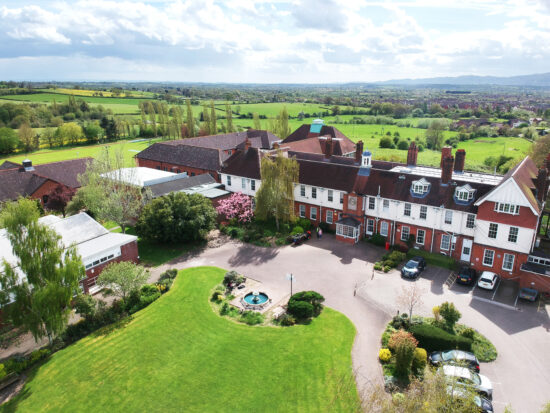
Saturday 14th March 2026 - One Day Course
This one-day programme is designed to equip blind and visually impaired young people with essential skills for adulthood through hands-on, supportive and accessible workshops
Skills Learning Area
- Independent Living Skills
- Mobility and Orientation
- Access Technology
Overview of the day
- 9am – arrival and orientation
- 9:30am – 11am – Workshop 1: Mobility or Independent Living Skills
- 11am – 12:30pm – Workshop 2: Independent Living Skills or Access Technology
- 12:30pm – 13:30pm – Lunch
- 13:30 – 15:00 – Workshop 3: Mobility or Access Technology
- 15:00 – 15:30 – Close and depart
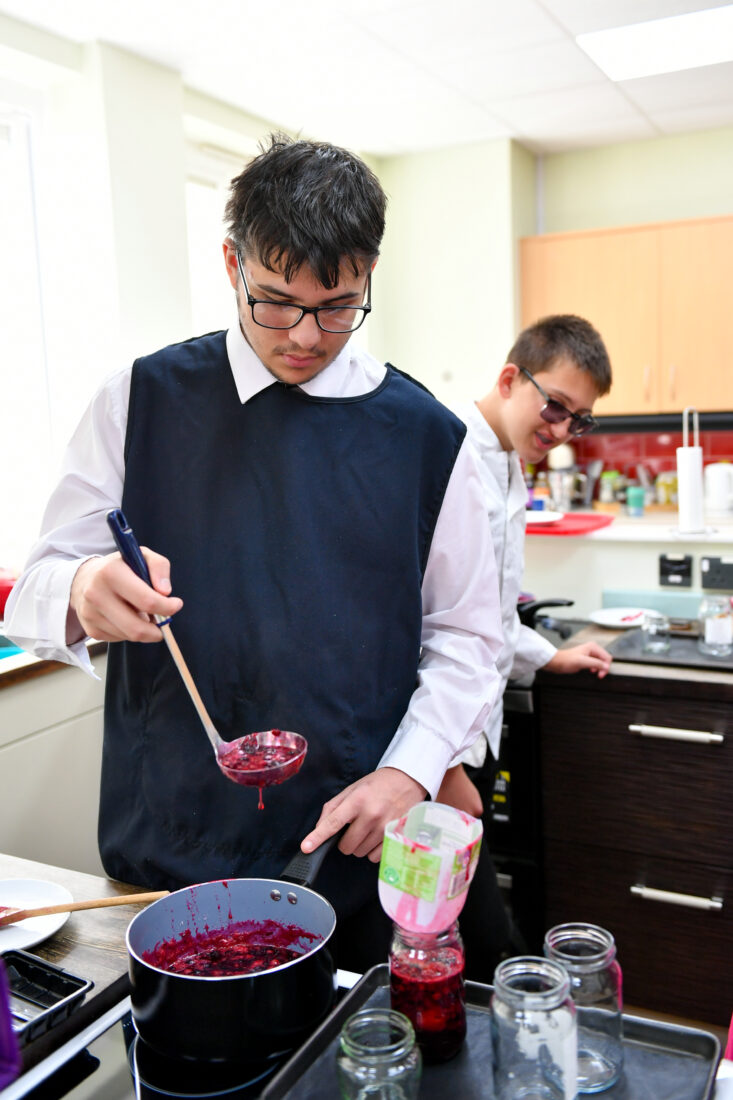
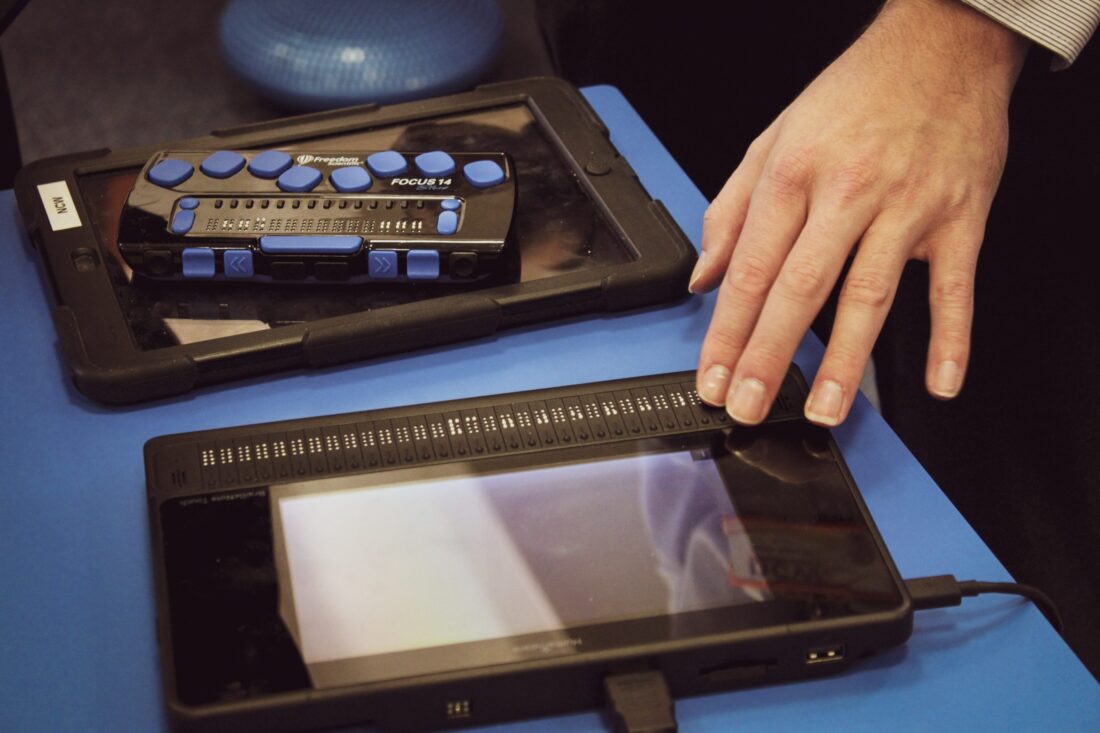
Register a young person
Or request a call back
Or request a call back by emailing [email protected]

